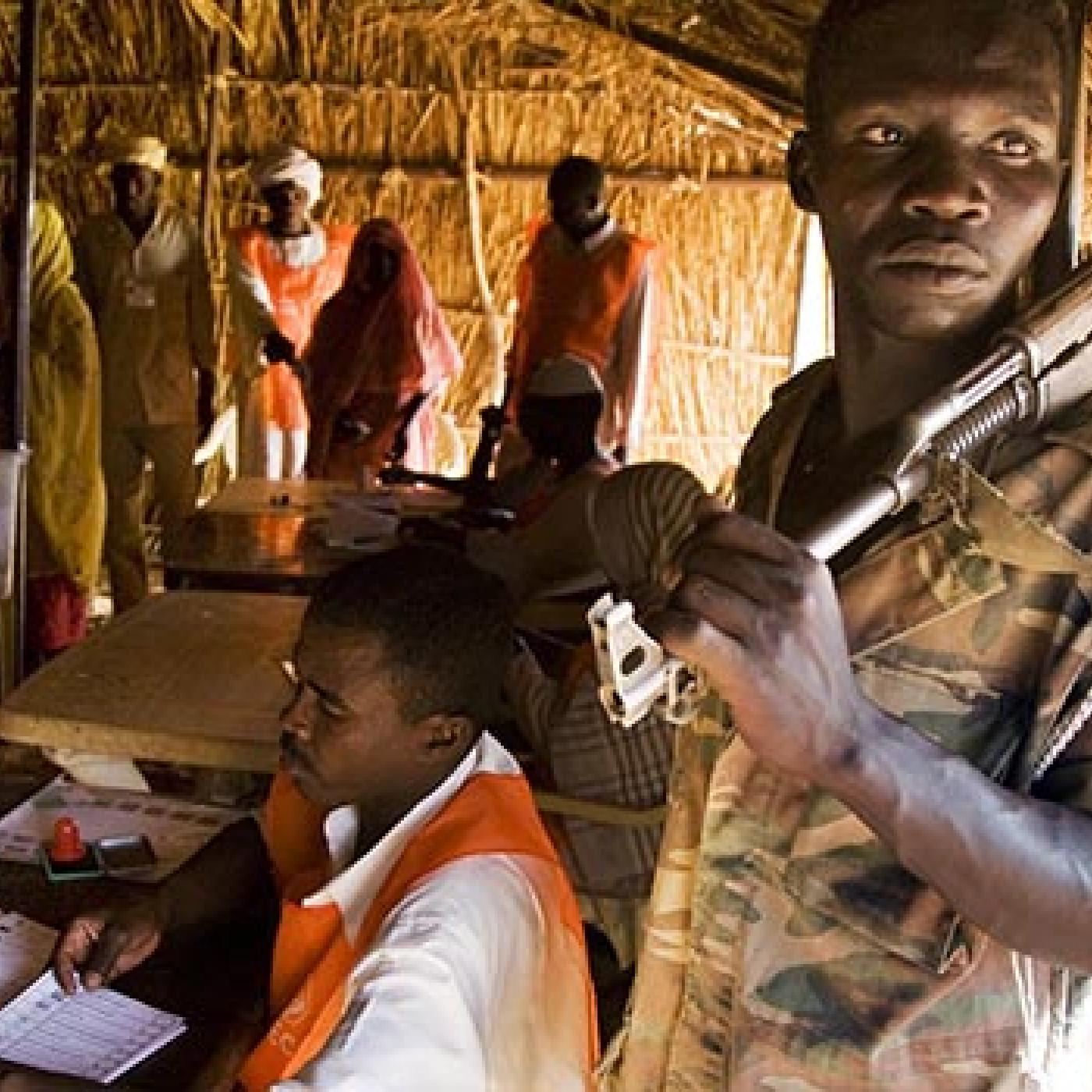Tools & Resources
Filter by
Type
Publication date
Language
Type
Publication date
Language
Publication
Report/Paper
Overcoming Challenges to Democracy and Governance Programs in Post-Conflict Countries: CEPPS Lessons Learned
How can democracy and governance programs be more effective in post-conflict environments?
May 18, 2021
News & Updates
Feature
Remembering Kalle Könkkölä, Finnish Politician and Disability Rights Advocate
IFES is saddened by the passing of Finnish politician and disability rights advocate Kalle Könkkölä on September 11. He served from 1983 to 1987 as the first member of the Finnish Parliament with a disability, developing key pieces of legislation on disability inclusion and independent living.
Election FAQ
Elections in Ghana: 2016 General Elections
On December 7, Ghanaian voters will elect their new president, vice president, and members of Parliament for the 275 electoral constituencies in the country.
Election FAQ
Elections in Burundi: 2015 General Elections
The Republic of Burundi currently has presidential elections scheduled for July 21, 2015 and senatorial elections scheduled for July 24, 2015. On June 29, 2015, Burundians voted in communal elections for 18 constituencies, in addition to voting in legislative elections for the National Assembly.
News & Updates
Feature
Civic Education for Free and Fair Elections in Burundi
Already marred by political tensions that have their roots in the 12-year civil war that ended in 2005 under the authority of the Arusha Peace and Reconciliation Agreement for Burundi, the 2015 elections will likely be a historic turning point, for better or worse, in Burundi’s democratic transition.
Publication
Brochure/Fact Sheet
Elections and Political Processes Program in Burundi
Burundi is scheduled to hold presidential and parliamentary elections in 2015, amid a political climate marked by a sense of polarization that has endured since the local election in 2010, when the ruling National Council for the Defense of Democracy-Forces for the Defense of Democracy (CNDD-FDD) won by a wide margin, and opposition parties boycotted the four elections that followed.
January 28, 2015
Publication
Report/Paper
Analysis of the Status of Women in Burundi’s Political and Electoral Processes
Burundi is one of few countries in the world to have adopted a gender quota for its legislature in an effort to promote the inclusion and participation of women in the political process. As such, it presents an informative case study on the impact a gender quota can have as a catalyst for more progressive and inclusive governance. Given the International Foundation for Electoral System’s (IFES) commitment to gender equality and women’s participation in electoral processes and government, a thorough analysis demonstrating the effectiveness of quotas is a vital effort that aids IFES in supporting their use as a tool for democratic progress.
July 17, 2014
Publication
Report/Paper
Elections in Ghana: December 7 Presidential and Parliamentary Elections
Ghana’s December 7 elections will be the first since the country’s 2012 biometric voter registration initiative, which produced new voter ID cards and generated a voter list of over 14 million. To help observers better understand the backdrop of these elections, the International Foundation for Electoral Systems (IFES) has put together a series of frequently asked questions (FAQs).
December 05, 2012
News & Updates
Interview/Speech/Testimony
Capacity Building to Election Security: Clearing the Path for Citizen Participation
Samia Mahgoub, IFES' chief of party in Burundi from 2009 to 2011, has worked on various aspects of the electoral process-from election management body training to election security to voter registration-throughout the Middle East and Africa.
News & Updates
Press Release
Top Elections NGO Honors Pioneer of Electoral Democracy in Africa
Dr. Kwadwo Afari-Gyan, chairman of Ghana’s Electoral Commission, is the recipient of this year’s Joe C. Baxter Award. The Baxter Award is presented annually to professionals whose work epitomizes the mission of IFES—to promote citizen participation, transparency, and accountability in political life and civil society. “Dr. Afari-Gyan has made remarkable contributions to electoral democracy in Ghana, Africa, and throughout the world. He is a shining example of how much one individual can contribute to the advancement of a human right,” says Bill Sweeney, IFES president and CEO.




